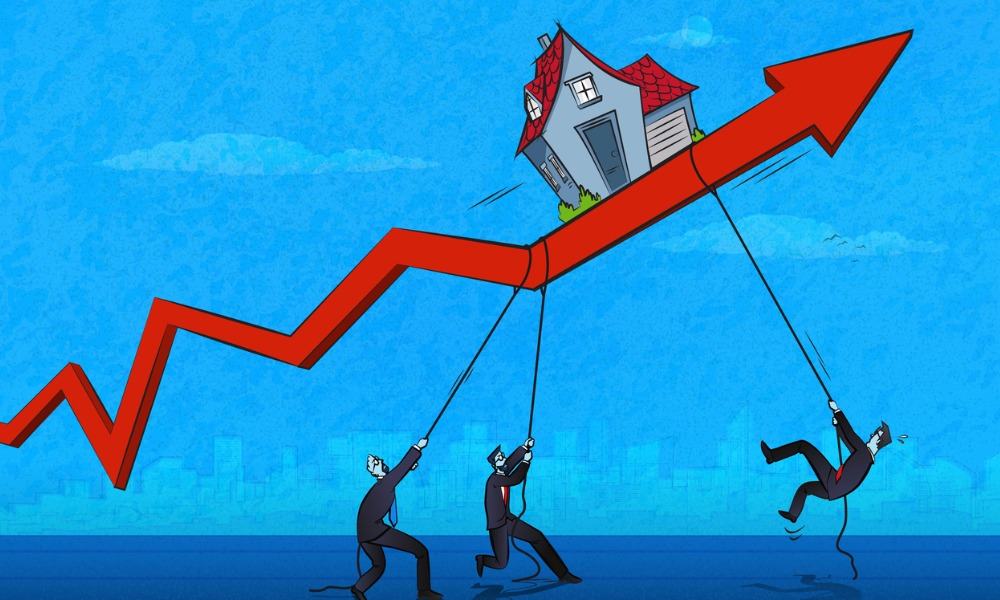Affordability issues and rising rates keeping aspiring homeowners on the sidelines

Many Canadian renters do not plan to purchase a home in the near future, with affordability challenges being a significant factor.
A recent Royal LePage survey found that 69% of renters do not intend to buy a home soon. Among those who do plan to buy, the greatest barrier to entry is accumulating sufficient funds for a down payment.
"While a third of Canadian adults are currently renting, and there are families who are perfectly content doing so, the desire for home ownership remains strong among a large portion of this segment of the population,” said Royal LePage CEO Phil Soper. “Our latest research reveals that many renters wish to transition to home ownership. Understandably, the greatest barrier to entry is the ability to drum up the initial capital for a down payment.”
Before signing their current lease, nearly one-third (29%) of renters considered buying a home. However, 41% cited the lack of a sufficient down payment as the reason for opting to rent instead.
"The rental sector is not immune to the significant affordability challenges stemming from Canada's acute housing shortage. High mortgage rates have made it difficult for many to purchase a home, forcing some to move into, or remain longer than planned, in the rental market," Soper said.
The survey also highlighted other factors influencing the decision to rent. About one-third of respondents are waiting for interest rates (33%) and property prices (30%) to decrease. Additionally, 22% are renting while saving for a down payment, and 20% did not qualify for a mortgage.
"Earlier this month, the Bank of Canada announced its first rate cut in more than four years. Falling borrowing costs will lower the threshold to qualify for a mortgage, helping renters become owners,” Soper added. “However, this creates a double-edged sword. Increased competition as they enter the market will put additional pressure on property values. While some will wait for home prices to become more reasonable, Canada's housing shortage will leave them waiting indefinitely."
Many renters are looking to bridge the down payment gap through various means: 53% plan to use savings, 46% will take advantage of the First Home Savings Account (FHSA), and 29% will draw on their RRSPs using the Home Buyer's Plan (HBP).
While affordability challenges may force relocation for some, the survey suggests many are willing to consider moving to a more affordable city, particularly young adults and those with remote work options. According to the report, 50% of residents in Toronto, Montreal, and Vancouver would consider relocating for a more affordable home.
The high cost of rent adds another layer of strain for Canadians. Nearly 73% of renters spend between 31% and over 50% of their income on rent, with major cities like Vancouver and Toronto seeing a significant portion of renters spending more than half their income on housing.
In response to these challenges, the 2024 federal budget announced several measures to protect tenants and support their path to homeownership.
Read next: Renters can build credit scores with new Borrowell program
These include the creation of the Canadian Renters' Bill of Rights and a proposal for financial institutions to allow tenants to report their rental payment history to credit bureaus to improve their credit scores.
Make sure to get all the latest news to your inbox on Canada’s mortgage and housing markets by signing up for our free daily newsletter here.



